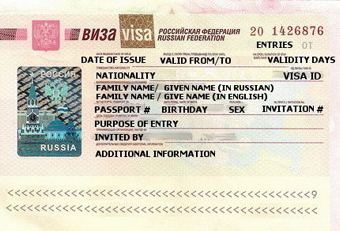
I got really nervous just by the thoughts of handling all these administrative stuff just so that I would be able to drink vodka every day and maybe shake hand with Mister DO-IT-ALL Putin.
My super-easy, spontaneous traveling days in non-restricting Europe is over. I can’t leave on a last-minute impulse, showing up at the bus station to get on the next available bus ride to wherever I want. I can’t take advantage of promotions and book flights leaving a few weeks later. I have to plan a lot, and this distressed me.
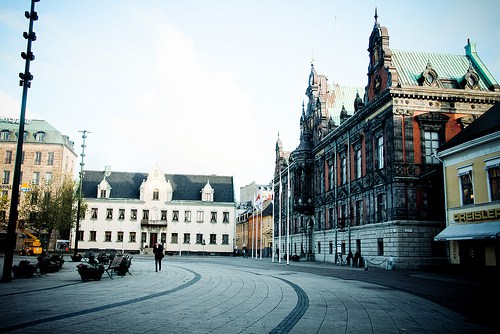
I walked behind a bus, waited until the engine roar and inhaled a deep breath. I turned to Jarda and said: “Honey, you’re right. It doesn’t smell at all.” My boyfriend told me how Sweden was environment-friendly. Their vehicles didn’t produce the stuff which turned the sky black and your face red coughing everything out. Buses’ emission didn’t pollute the environment as confirmed by my mini experiment. But come all the way to Sweden and smell the bus? Well, Whenever I visited Scandinavia, I somehow got bored and did strange things.

Say cheese! In 2007, a series of surveys about happiness ranked ranked Denmark as the happiness place on earth. Two years later in 2009, OECD – the Organization for Economic Co-Operation and Development agreed. Like other Scandinavia and Nordic countries, Denmark scored high on education, living standard, salary, health, etc. The one thing which set them apart was while others were a bit depressed and ‘suicidal’, The Danes were a jolly bunch. Danes called it the happiness factor.
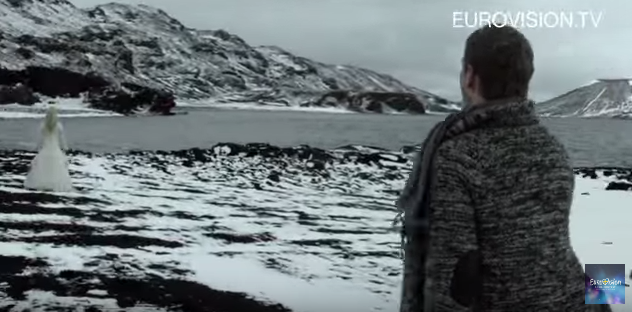
This music is a very good introduction to Iceland, one of my favorite countries on Earth. Iceland, in reality, is exactly like that: the breathtaking landscape with wide-open, empty, icy space.
Even the fairy-like love story depicted in the video is a part of Icelandic folklore tradition. In Iceland, people still respect the belief that elves are living among them.
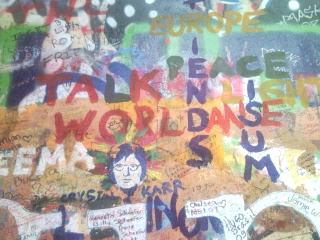
Yesterday at the Czech beer festival, I had a pulling-your-leg kind of debate with three Slovaks about their country’s relationship with the Czech Republic. They told me Slovaks beat Czechs in the world ice hockey championship to reach the final and how Slovaks were proud especially that the losers were Czechs. To that, I joked, “Nah, it’s family. There is nothing nice beating your ‘big’ brother. Your common ‘enemy’ is Russia. If you had let the Czechs win, they might have beaten the Russians. You should have looked at the bigger picture.” “No, they are not the big brothers. We are of equal status. We have our country.” The Slovaks shot back at me. “No. Slovakia was never a country.

Valentine 2008, I found myself going Dutch. Nadira, a friend and a former colleague during the days in Sarajevo, invited me over to the Hague, where she worked as a researcher for the International Criminal Tribunal for the former Yugoslavia. It’s a mouthful I know. Saying in layman term, the tribunal is a court set up by the NATO to catch big criminals during the war in the early 90s in what now Bosnia-Herzegovina, Serbia, and Croatia. There are more countries in the Yugoslavia, but these were the main players where the war escalated.
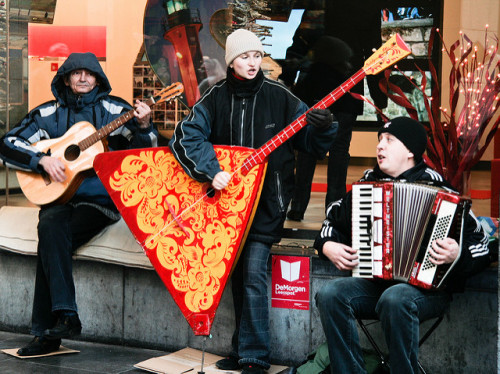
I found myself returning to Brussels four times now, beating any other European cities I had visited. It wasn’t out of sweet desire for Belgian chocolate, creamy mussels or seeing European Union at work. Rather, all the visits were due to severals low-cost airlines’ executive decisions made in secret boardrooms to choose Brussels as one of main flight hubs for Europe. Planning my routes to navigate to all European countries became a little easier. If I couldn’t find any direct flight from Prague to my destinations, I simply changed my departure to Brussels.

They’ll eat me. They’ll eat me not.
A few serious discussions with friends from Sarajevo effectively crossed out Albania from my summer trip. Why would I go to a place where local people told PG-10 rated stories about how unsafe the country was, how dangerous people were after many years closing their country to the outside world during Communism, how our school bus tour to Greece had to change route heading to Macedonia instead of crossing Albania. Thinking that Muslim countries sympathize with one another, I told my friend I would pretend that I spoke Bosnian so they’d be friendly to me. “No. Then you sound like a Serbian, and they will hate you even more.” My friend laughed and joked that they might ‘eat’ me. (For those who don’t keep up with events in this region, Serbia and Kosovo had been fighting for years for the independence of Kosovo, where ethnic Albanians made up the majority of the population.)
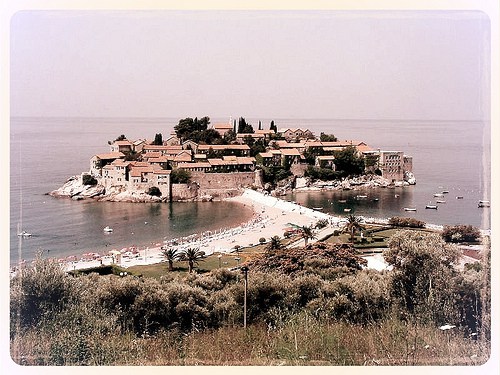
I finished my job in Bosnia and planned to cruise around the Balkan coast. Montenegro somehow seemed to fit the description for a cheap, relaxing and exotic destination to hang out for the rest of the summer before leaving Europe.
Cheap, yes. I could go on for days replicating the same cuisine style in Sarajevo, wine and dine on Turkish coffee (well not exactly wine), burek, cevapi, and soup for a few euros. Relaxing, of course. I’ve never spent my entire vacation at the beaches before. Exotic yes. Any place not well-known on tourist radar is exotic to me and pretty much everywhere in Eastern Europe.

Before heading to Sarajevo where I would spend the next year working, I made a brief stop in Zagreb to visit a few friends I met in Poland the year before. Unlike most European capitals, Zagreb is very dull. I bet few tourists intentionally travel here unless they are drunk out of their minds the night before and got on the wrong train. Croatia’s tourism jewels aka tourist traps lie along the Dalmatian coast, or as the Bosnians say the seaside. Let not think that this a blatant attempt from the Bosnians to usurp their neighbors’ territory. It is an old habit to refer to something which used to be theirs when Bosnia and Croatia were part of the same country, the Yugoslavia.